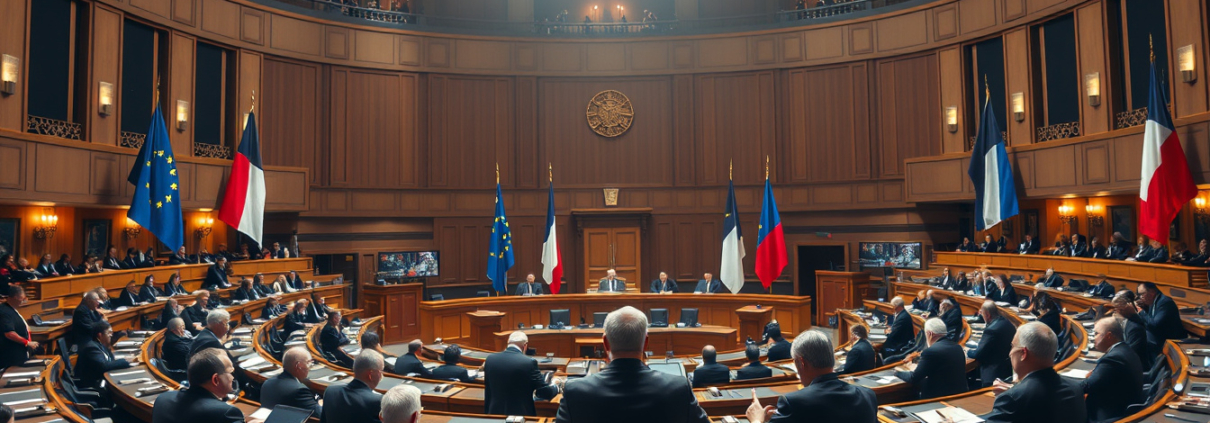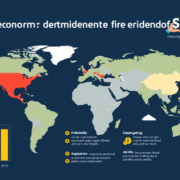France’s Confidence Vote: A Tipping Point for Budgetary Stability?
France: Upcoming Confidence Vote Adds to Budgetary Uncertainty Amid Political Fragmentation
September 5, 2025 – By Thomas Gillet, FXEmpire
France now faces political and economic doubts as a confidence vote nears on September 8, 2025. Prime Minister François Bayrou called this vote over a multi-year budget plan set forth in July. Disagreements in parliament and strong opposition add to worries about the country’s fiscal path.
Political Landscape Clouds Budget Prospects
The vote comes as France readies a debate on its 2026 budget. The plan seeks to save €44 billion (roughly 1.5% of GDP). Parties on the left, such as the Socialist Party, and groups on the far right, like Rassemblement National, take a stand against these savings. Together, these groups hold 298 seats, which is more than the 289 seats needed for a majority. This fact makes it hard for the government to gain support.
If the vote does not pass, the government could collapse for the second time in less than a year. President Emmanuel Macron would then face the task of naming a new prime minister—possibly the fifth in four years—or calling for early legislative elections. An election might lead to a divided parliament where extreme far-left or far-right forces control the votes. Such a split would keep lawmakers at odds.
Economic Implications and Fiscal Challenges
Political deadlock also slows plans to lower France’s budget deficit, which stood at 5.8% of GDP in 2024. The government hoped to reduce this figure to 5.4% in 2025 and 4.6% in 2026. Still, changes made to win parliamentary backing might keep the savings measures small. Scope Ratings now predicts the deficit may only fall to 5.6% in 2025 and then to 5.3% in 2026. Government borrowing costs are on the rise. Net interest payments are expected to grow from 3.6% of government revenue in 2024 to about 4% in 2025. This level matches Belgium’s at 3.8% but stays below Spain at 5.2% and the United Kingdom at 6.6%. Ten-year government bond yields have reached 3.5%, a figure seen in both Spain and Italy. This climb shows that investors worry about France’s fiscal health.
Scope Ratings expects France’s debt-to-GDP ratio to keep growing, reaching around 122% by 2030. This outcome exceeds the government’s target of 117% by 2029. Political splits and modest budget cuts drive this steady rise in debt.
Outlook and Upcoming Risks
A positive result in the confidence vote could mean short-term progress on budgets. Yet, politics remain divided. Local elections in March 2026 and presidential elections in April and May 2027 add to the tension. These events may slow agreement on needed economic changes.
France’s outlook in the midterm stays constrained by a divided parliament. Political doubt may block steps to cut the deficit. The upcoming vote stands as a key moment that will shape French fiscal policy and political calm in the near term.
About the Author:
Thomas Gillet is a Director in Sovereign and Public Sector Ratings at Scope Ratings. His work focuses on sovereign credit analysis and fiscal policy. Senior analyst Brian Marly helped produce this report.
For a complete view of today’s economic events, visit FXEmpire’s economic calendar.
This article is for informational purposes only and should not be taken as financial advice. Readers should do their own research and consult professionals before making any investment decisions.
Full money-growing playbook here:
youtube.com/@the_money_grower









